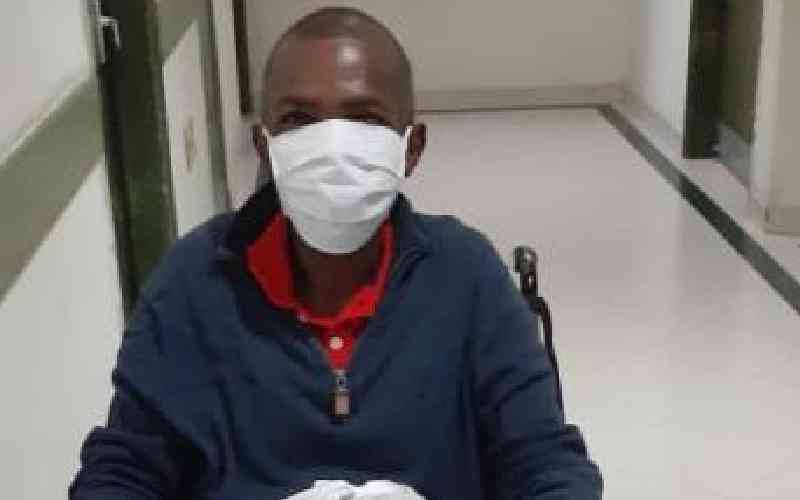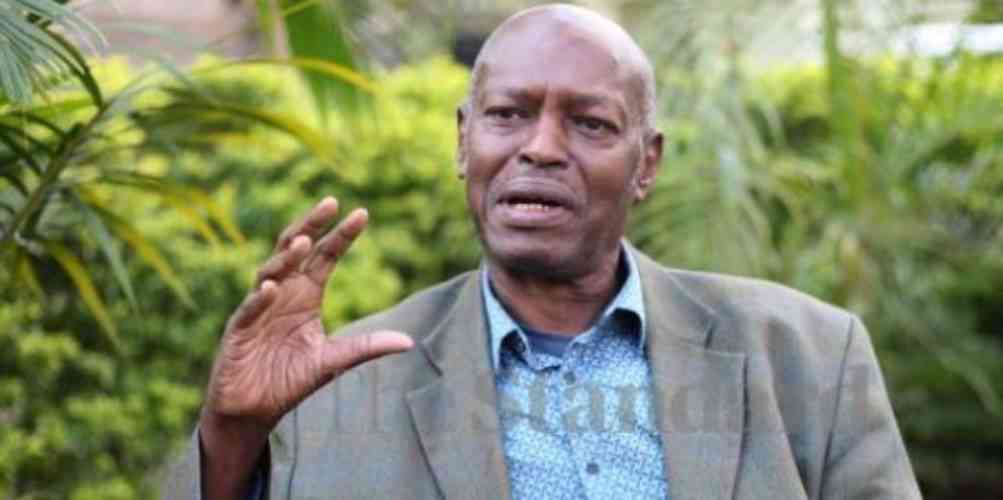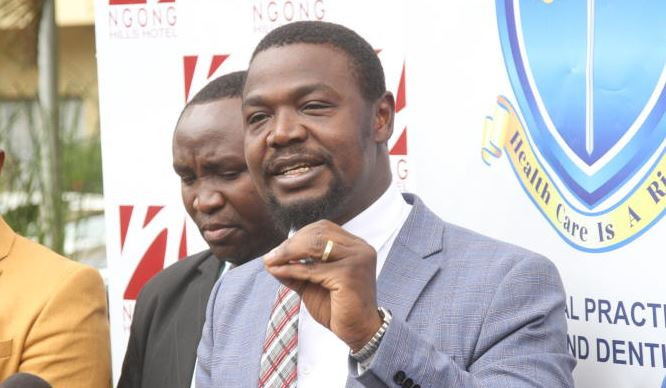
When Canadian singer Celine Dion blazed the opening ceremony of the 2024 Olympic Games in Paris, France, many Kenyans were taken aback by her state of health.
Unknown to many, including here in Kenya, the Canadian-French singer had announced her diagnosis of Stiff Person Syndrome (SPS) in December 2022, bringing the rare neurological disorder to global attention.
The condition affects only one or two people in a million. This saw Celine Dion scale down her tours as she battled the affliction, which confined her to a wheelchair for almost two years.
What is Stiff Person Syndrome or SPS?
According to Prof Erastus Amayo, SPS disease, although rare, can have devastating effects on the afflicted.
“SPS is characterised by progressive muscle stiffness and painful spasms, primarily affecting the trunk and limb muscles,” explains a renowned neurologist. “It’s a very rare disease. They say nearly one in one million. I’ve seen maybe three or four cases in my career.”
SPS, which was previously known as “stiff man syndrome,” predominantly affects women aged 20 and 50.
The World Health Organisation (WHO) estimates that the annual incidence of one case per million people, underlining its rarity. Despite its infrequency, SPS can have a profound impact on the patient, often leading to significant disability and reduced quality of life.
According to the National Organisation of Rare Disorders, SPS is caused by an autoimmune response that targets the central nervous system, particularly affecting the production of gamma-aminobutyric acid (GABA), a crucial inhibitory neurotransmitter.
The hallmark of SPS is muscle rigidity, particularly in the back and legs.
“Initially, stiffness occurs intermittently, then eventually becomes more permanent. The back muscles, what we call the axial skeleton, and leg muscles become very stiff, making movement difficult,” Prof Amayo describes the progression.
Other symptoms, he says, include difficulty in walking or crossing streets, stiffness in arms (less common), possible psychological effects like depression and anxiety, and agoraphobia (fear of open spaces).
He notes: “Some patients can’t cross the street because they become extremely stiff when reaching the road, leading to agoraphobia.”
The neurologist further explains the different variants of SPS. “Classic SPS, affects the whole body while partial SPS, affects only one limb; and as of Progressive Encephalomyelitis with Rigidity and Myoclonus (PERM) is a severe form with additional neurological symptoms,” he says.
He notes that diagnosing SPS involves both clinical observation and laboratory tests: Clinical diagnosis, he explains, is based on symptoms and physical examination. But electromyography (EMG) involves measuring electrical activity in muscles and blood tests, which involves checking for specific antibodies, particularly GAD (Glutamic Acid Decarboxylase) antibodies.
“GAD antibodies are common among people with SPS,” Prof Amayo says. “Some cases may be associated with paraneoplastic syndromes, where an underlying cancer causes antibody production affecting distant parts of the body.”
A study published in the Journal of Neurology, Neurosurgery and Psychiatry found that 60-80 per cent of SPS patients have high levels of GAD antibodies.
This finding has led to increased use of immunomodulating therapies. Treatment for SPS is challenging and often expensive, the neurologist explains.
He adds that the different approaches to manage the neurological disorder include, muscle relaxants like Benzodiazepines, Immunosuppressants for instance high-dose steroids and Intravenous immunoglobulin (IVIG) therapy.
“The treatment is mainly symptomatic, focusing on relieving muscle stiffness,” He explains. “In some cases, we use immunosuppressants to address the autoimmune component.”
Pof Amayo notes that SPS treatment in Kenya can be prohibitively expensive. “Diagnostic tests are costly. Medications, especially immunoglobulins, are very expensive thus long-term management requires continuous medical care,” he notes.
SPS can be severely disabling, affecting a person’s ability to work, drive, and perform daily activities.
 The Standard Group Plc is a multi-media organization with investments in media platforms spanning newspaper print
operations, television, radio broadcasting, digital and online services. The Standard Group is recognized as a
leading multi-media house in Kenya with a key influence in matters of national and international interest.
The Standard Group Plc is a multi-media organization with investments in media platforms spanning newspaper print
operations, television, radio broadcasting, digital and online services. The Standard Group is recognized as a
leading multi-media house in Kenya with a key influence in matters of national and international interest.











